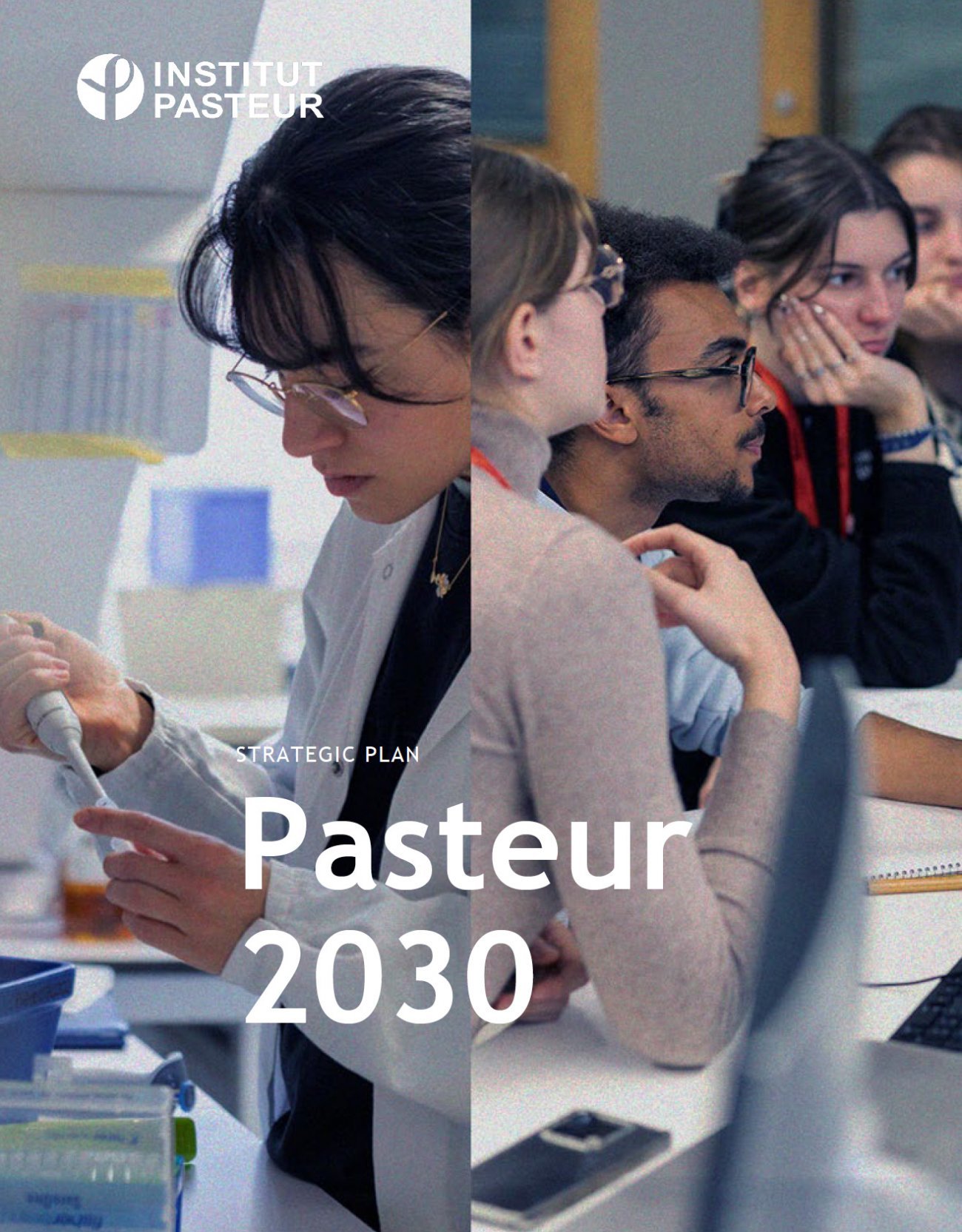Institut Pasteur at a glance
![]()
![]()
![]()
Our publications
REFERENCE DOCUMENTS
STATUTES OF THE INSTITUT PASTEUR
Decree of December, 6, 2021 (English and French)
INTERNAL REGULATIONS OF THE INSTITUT PASTEUR
HERITAGE REFERENCE FRAMEWORK OF THE INSTITUT PASTEUR (only available in French)
Charter for the prevention and management of conflicts of interest
The Ethics Charter of the Institut Pasteur (in French)






